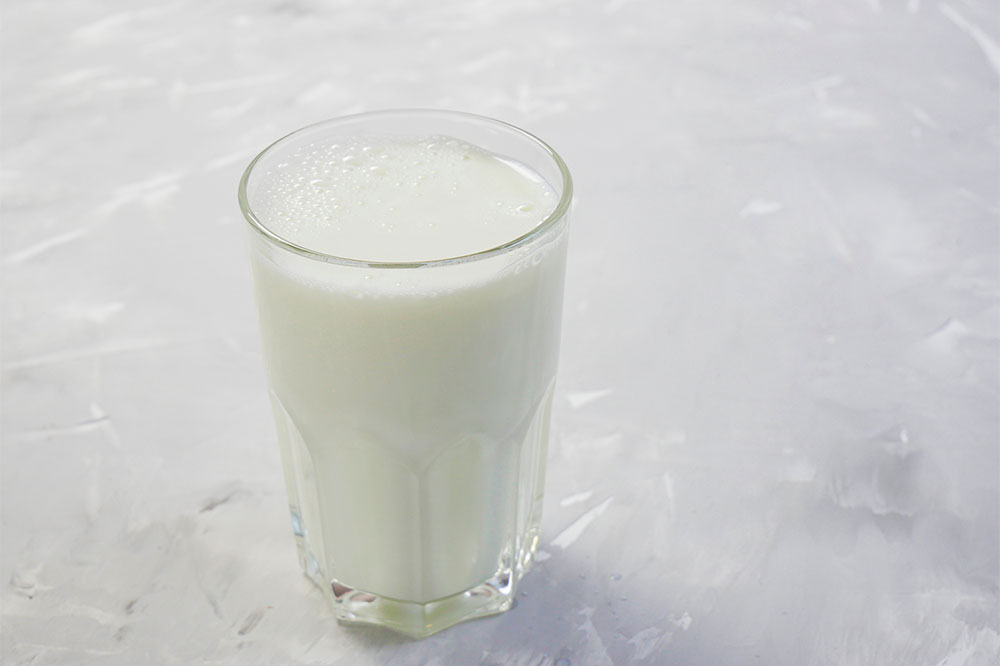Effective Dietary Approaches for Cystic Fibrosis Management
This article offers comprehensive dietary strategies for managing cystic fibrosis, highlighting high-calorie, high-fat nutrition plans for adults and infants. Emphasis is placed on healthy fats, hydration, and vitamin supplementation to improve nutrient absorption, reduce inflammation, and support overall health in cystic fibrosis patients.

Effective Dietary Approaches for Cystic Fibrosis Management
Cystic fibrosis is an inherited condition marked by thick mucus accumulation in the lungs and digestive tract. This leads to symptoms like mucus in stool, bloating, excessive gas, and abdominal swelling. The disorder also hampers nutrient absorption, resulting in deficiencies.
To effectively manage cystic fibrosis through diet, consider the following guidelines:
Nutrition Advice for Adults with Cystic Fibrosis
Although no specific diet is prescribed, medical professionals recommend eating three main meals and 2-3 healthy snacks daily. Caloric needs are roughly 1.5 to 2 times higher than for those without the condition.
A high-calorie, high-fat diet—about 40% of daily calories—is advisable. Focus on healthy fats like olive oil, nuts, and avocados. Incorporating omega-rich oils such as walnut and flaxseed can help reduce inflammation. Enhancing meals with cheese, omega-rich fish like salmon or mackerel, and ripe avocados aids in meeting caloric demands.
Consistent intake of prescribed vitamins and minerals is important alongside dietary adjustments. Staying well-hydrated is also essential to prevent mucus buildup and related complications, as cystic fibrosis increases sweat production. Proper hydration supports airway clearance, prevents thickening of gut mucus, and reduces risks of blockages, headaches, cramps, and fatigue.
Nutrition Tips for Infants with Cystic Fibrosis
Infants benefiting from high-protein, high-calorie diets once they start eating solids should have their meals enriched with formula, breast milk, cream cheese, bananas, and nut butters to boost calories and fullness. Pediatric vitamin supplements containing vitamins A, D, E, and K are recommended to promote growth and overall health.


